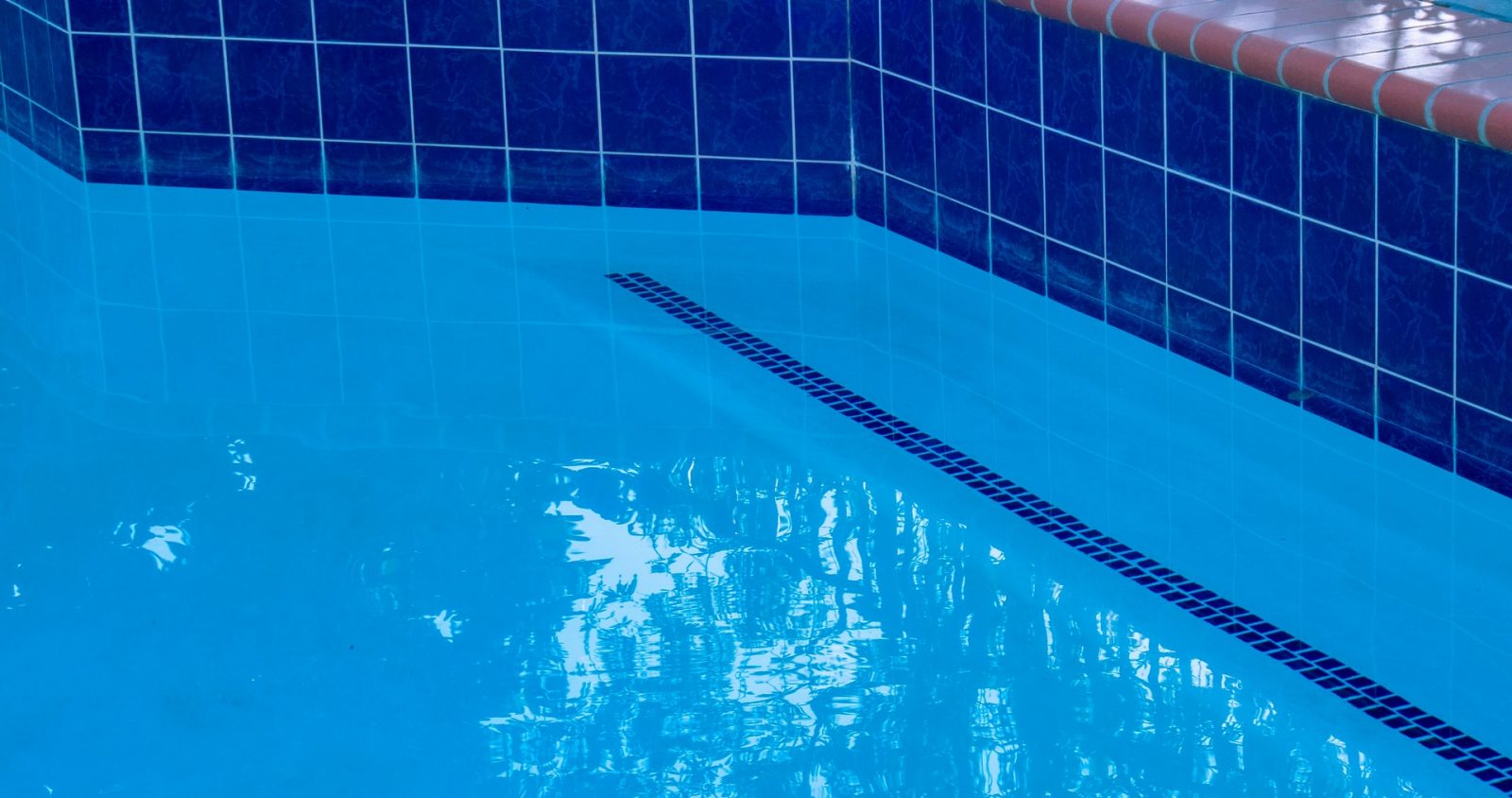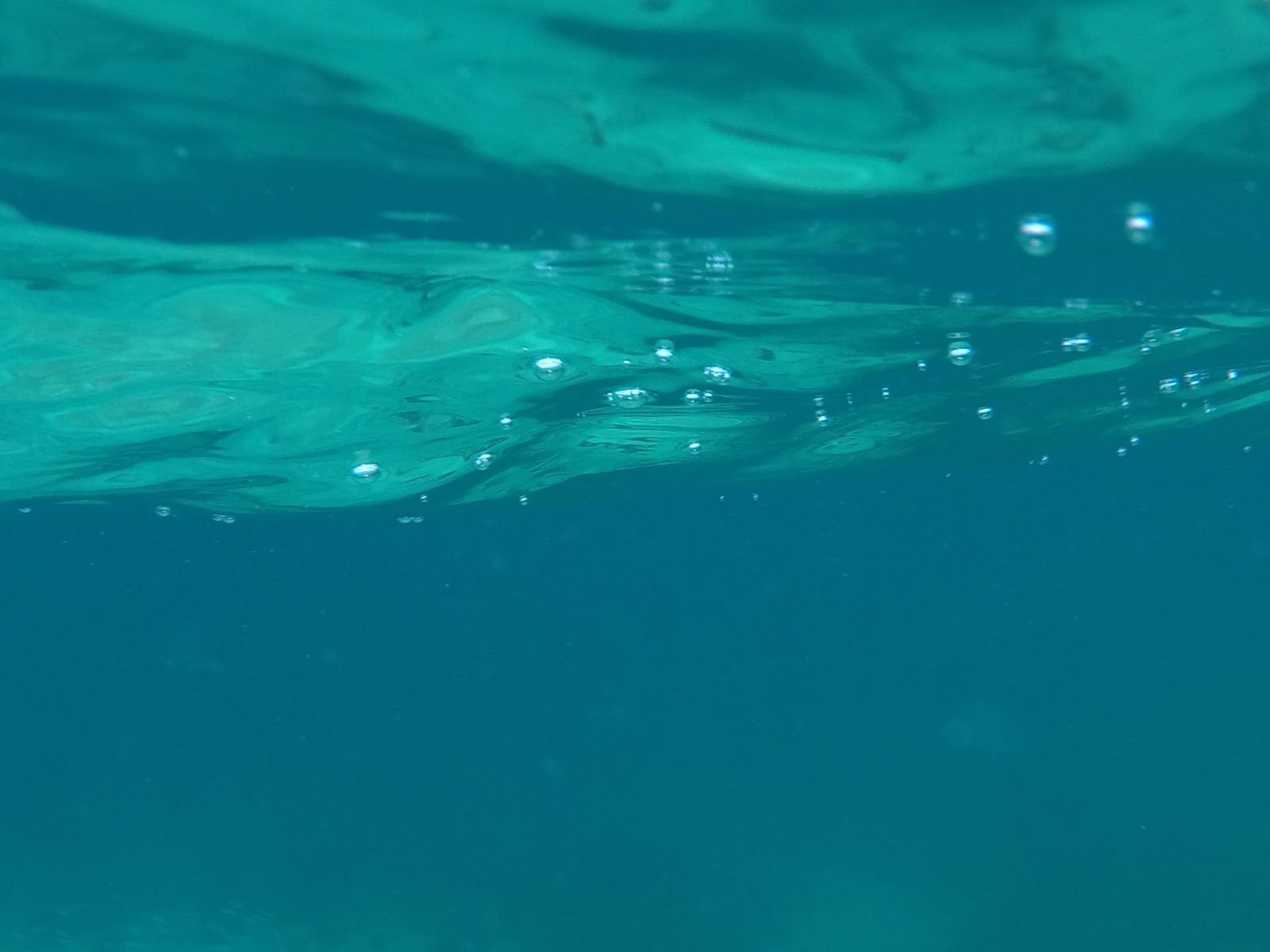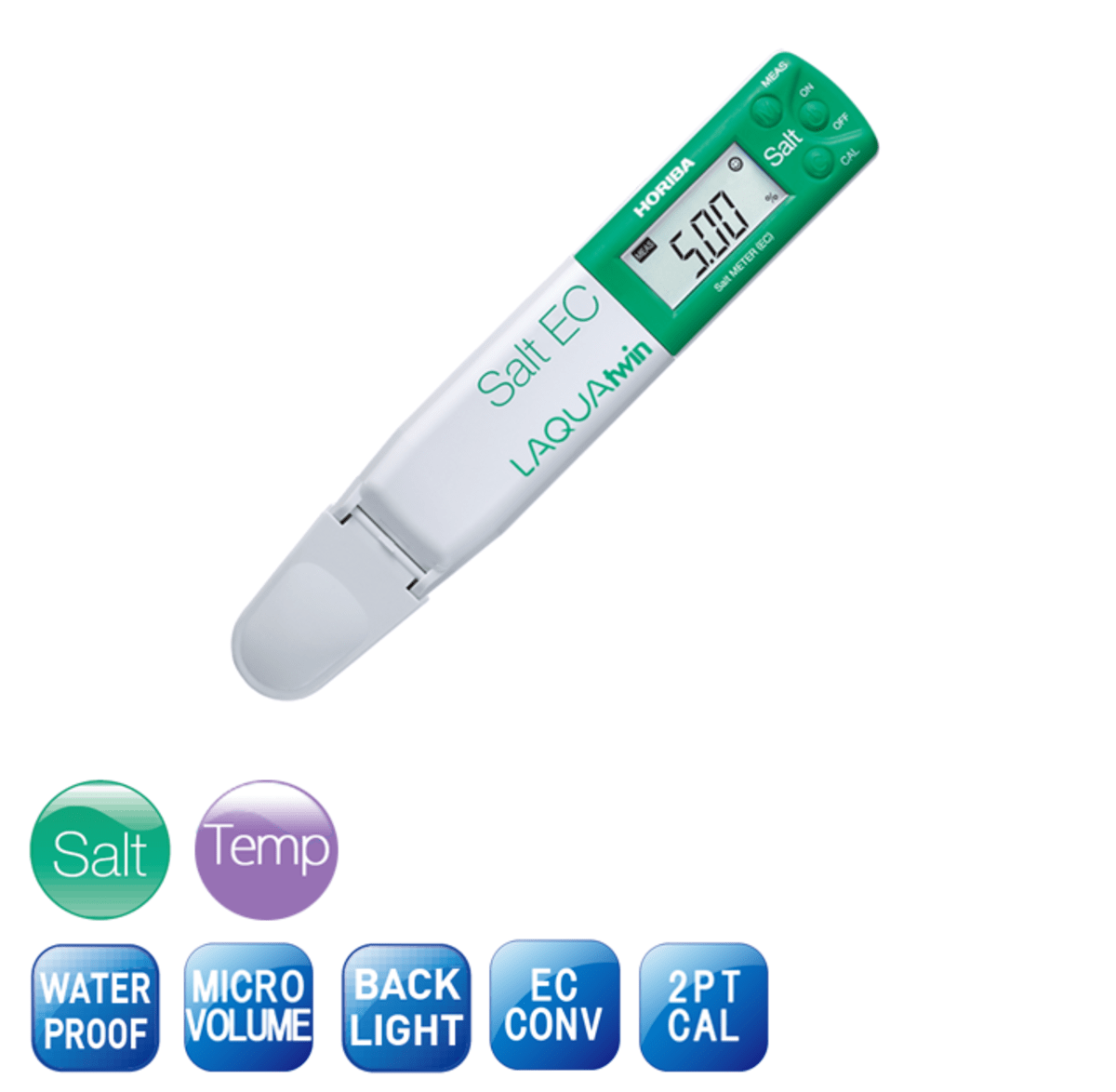
How Important Is Calcium to Your Pool
Calcium is one of the chemicals that are vital for your swimming pool health. Out of all the chemicals that are commonly used in swimming pools, calcium is the one that is most neglected.

Calcium is one of the chemicals that are vital for your swimming pool health. Out of all the chemicals that are commonly used in swimming pools, calcium is the one that is most neglected.

Polymers in pool clarifiers function as coagulants on suspended particles in the water. Clarifiers, in particular, introduce cations or positively charged ions into the pool, which attract negatively charged suspended material.

Saltwater pool is the substitute for traditional chlorine that most pool owners utilize. In terms of budget, it needs huge investment, which is expensive compared to traditional pools. It requires more technicians than ordinary pools that can fix minor pool issues.

Cyanuric acid (CYA) is a chlorine stabilizer that is added to pool water to prevent any changes. This substance is generally used in residential and commercial pools and spas. Most people, especially health officials, are questioning if this is useful and safe to use.

Investing in a DE filter is very essential especially when you own a swimming pool but one day you will need DE powder to replace your current DE powder.

If your swimming pool has been left uncleaned and unused for a long time, expect algae to form inside your pool. The only thing that can help to get rid of this mustard algae is to secure your pool with chlorine wash.

DE or Diatomaceous Earth is one of the most popular swimming pools in the country. The DE filter became popular amongst pool owners because of its ability to filter out debris up to 2-3 microns.

Swimming pool maintenance does not end along with the swimming pool off-season. The maintenance of your swimming pool should be observed all year long, no matter what the season is or what the weather will be.

Pool maintenance is a tedious job, and nobody wants to do it, to be honest. It is why pool owners will utilize every device they can get their hands into to simplify the swimming pool maintenance process.

Chlorination is adding chlorine to the water or adding chlorine compounds to kill bacteria, viruses, and other microbes in water. Generally, chlorination helps the swimming pool become safe and avoids the spreading of waterborne diseases that can result in cholera, dysentery, diarrhea, typhoid, ear and skin irritations, and athlete’s foot.

Aloha Desert Pools is a family-owned locally ran business with over 20 years of experience in the field.

